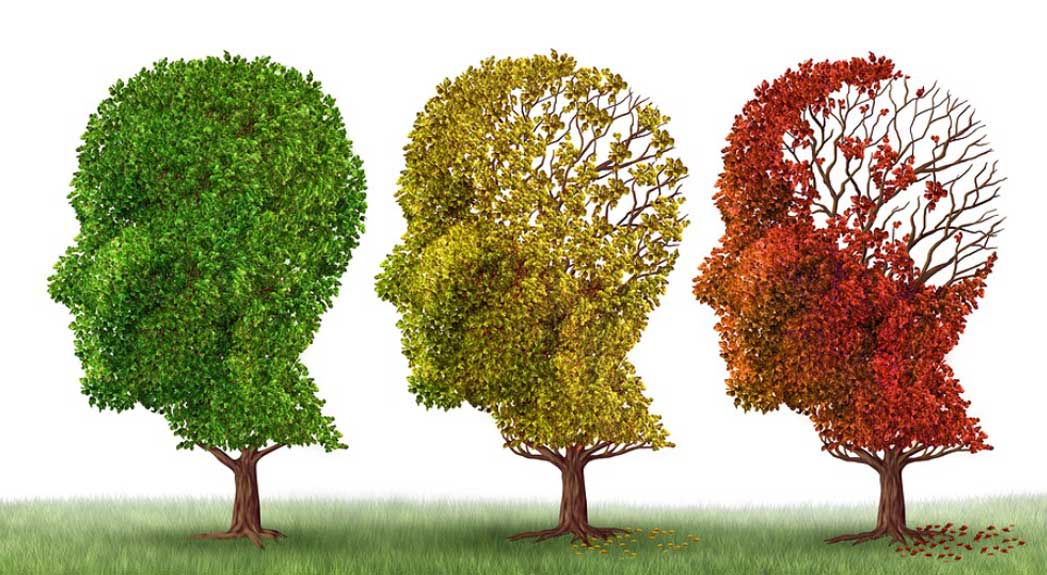- Singh Biome Lab
- Research
- Interplay of Gut Microbiome
Interplay of Gut Microbiome in Depression and Anxiety

The intestinal microbiome of a host plays an important role in the growth and development of the host. Recent studies have increasingly shown the importance of the gut microbiome in modulating the host behavior and have focused efforts on elucidating the gut-brain axis interaction. Social behaviors may influence gut-brain communication, however, the details of these interactions are not well elucidated.
This study in collaboration with Grippo lab from the Department of Psychology at NIU explores the role of the intestinal microbiome in depression and anxiety. Prairie voles are socially monogamous and highly communal animals, thereby exhibiting physiological behavior similar to humans, hence making them an excellent model system for mimicking human social behavior. The goal of our current study is to investigate the effect of social stress on behavior and the health of the intestinal microbiome of prairie voles.
Contact
Singh Biome Lab
Department of Biological Sciences
Montgomery Hall 359
815-753-7839
psingh1@niu.edu